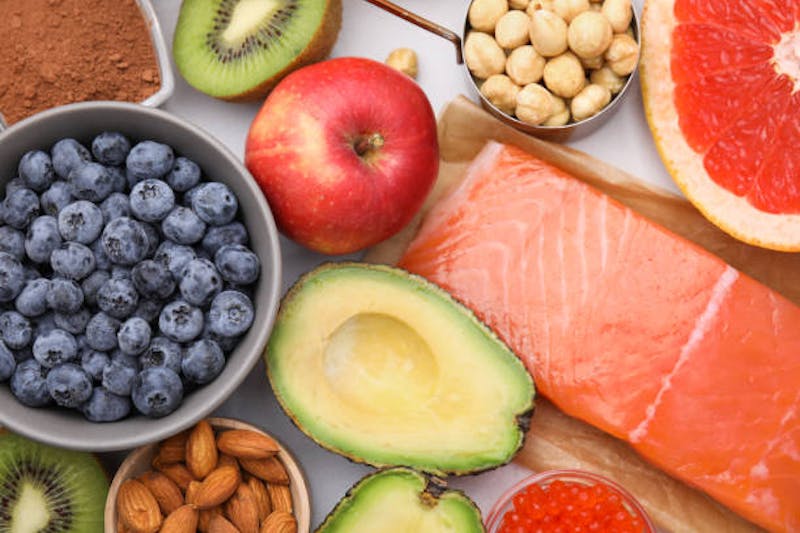
At Texas ENT Specialists, our board-certified ENT doctors are dedicated to helping patients uncover the root causes of their allergy symptoms and find lasting relief. While most allergy care focuses on medications and environmental controls, your diet may also play a key role in managing how your body reacts to allergens. Certain foods may help reduce inflammation, strengthen your immune system, or even ease specific symptoms. Let’s take a closer look at how your dietary choices could complement your allergy treatment plan.
The Link Between Diet and Allergies
While food doesn’t cure airborne allergies like pollen or dust mites, it can impact how your body responds. Diets rich in anti-inflammatory and antioxidant-rich foods may help moderate the immune response that triggers allergic reactions. Additionally, some nutrients support respiratory health and reduce mucous membrane irritation.
On the other hand, some foods may exacerbate symptoms or trigger cross-reactions in people with certain sensitivities—especially those with oral allergy syndrome (OAS), where raw fruits or vegetables mimic pollen proteins.
Foods That May Help Reduce Allergy Symptoms
These nutrient-packed foods may help ease allergy symptoms when incorporated into a balanced diet:
- Fatty fish: Salmon, mackerel, and sardines are high in omega-3 fatty acids, which can reduce inflammation and support respiratory function.
- Citrus fruits: Oranges, grapefruits, and lemons are loaded with vitamin C, a natural antihistamine that supports immune defense.
- Leafy greens: Spinach, kale, and other greens are rich in antioxidants that may combat allergic inflammation.
- Turmeric: This bright yellow spice contains curcumin, a compound known for its anti-inflammatory and immune-modulating properties.
- Onions and apples: These foods contain quercetin, a plant compound that may act as a natural antihistamine.
- Probiotic-rich foods: Yogurt, kefir, and fermented vegetables may support gut health, which plays a key role in immune balance.
Foods That May Worsen Symptoms
While not harmful for everyone, these foods can sometimes intensify symptoms in sensitive individuals:
- Dairy: For some people, dairy may increase mucus production or trigger congestion.
- Alcohol: Especially red wine and beer, which contain histamines and sulfites that may aggravate symptoms.
- Processed foods: High in preservatives and additives that could contribute to inflammation.
- Certain raw fruits and vegetables: People with OAS may react to foods like apples, celery, carrots, and bananas if they have related pollen allergies.
What’s Right for You?
Just like allergy medications and treatments, dietary changes should be personalized. At Texas ENT Specialists, we can help identify whether your symptoms are related to food sensitivities or cross-reactivity. When paired with clinical treatments such as antihistamines, immunotherapy, or lifestyle adjustments, a supportive diet may help enhance your results and reduce your overall symptom burden.
Start Feeling Better, From the Inside Out
If you’re managing allergies and looking for ways to enhance your treatment, consider how your food choices could make a difference. At Texas ENT Specialists, we combine trusted medical care with whole-person strategies to help you breathe easier. Contact us today to schedule a consultation and get a personalized plan built around your unique needs.

